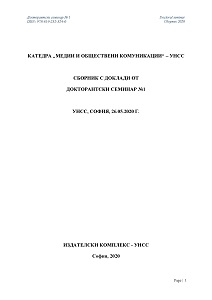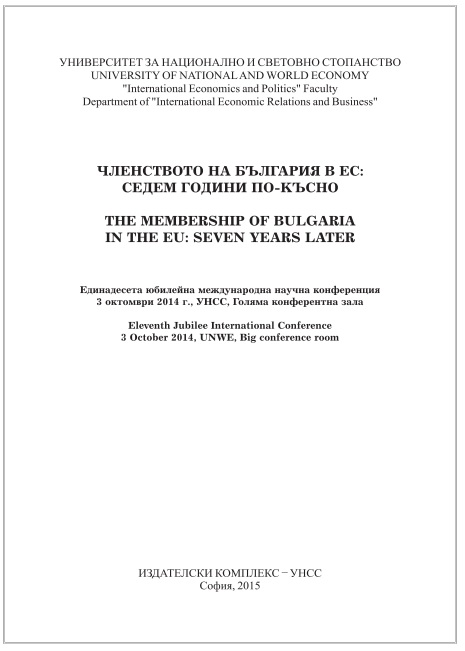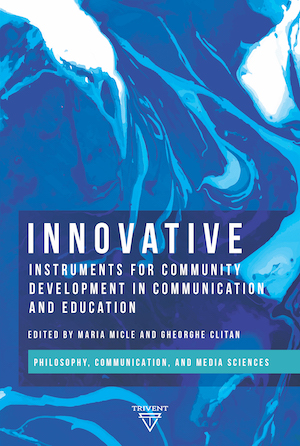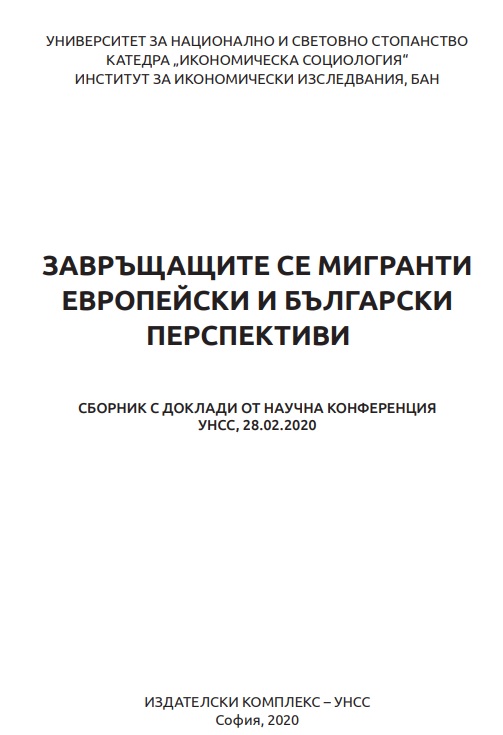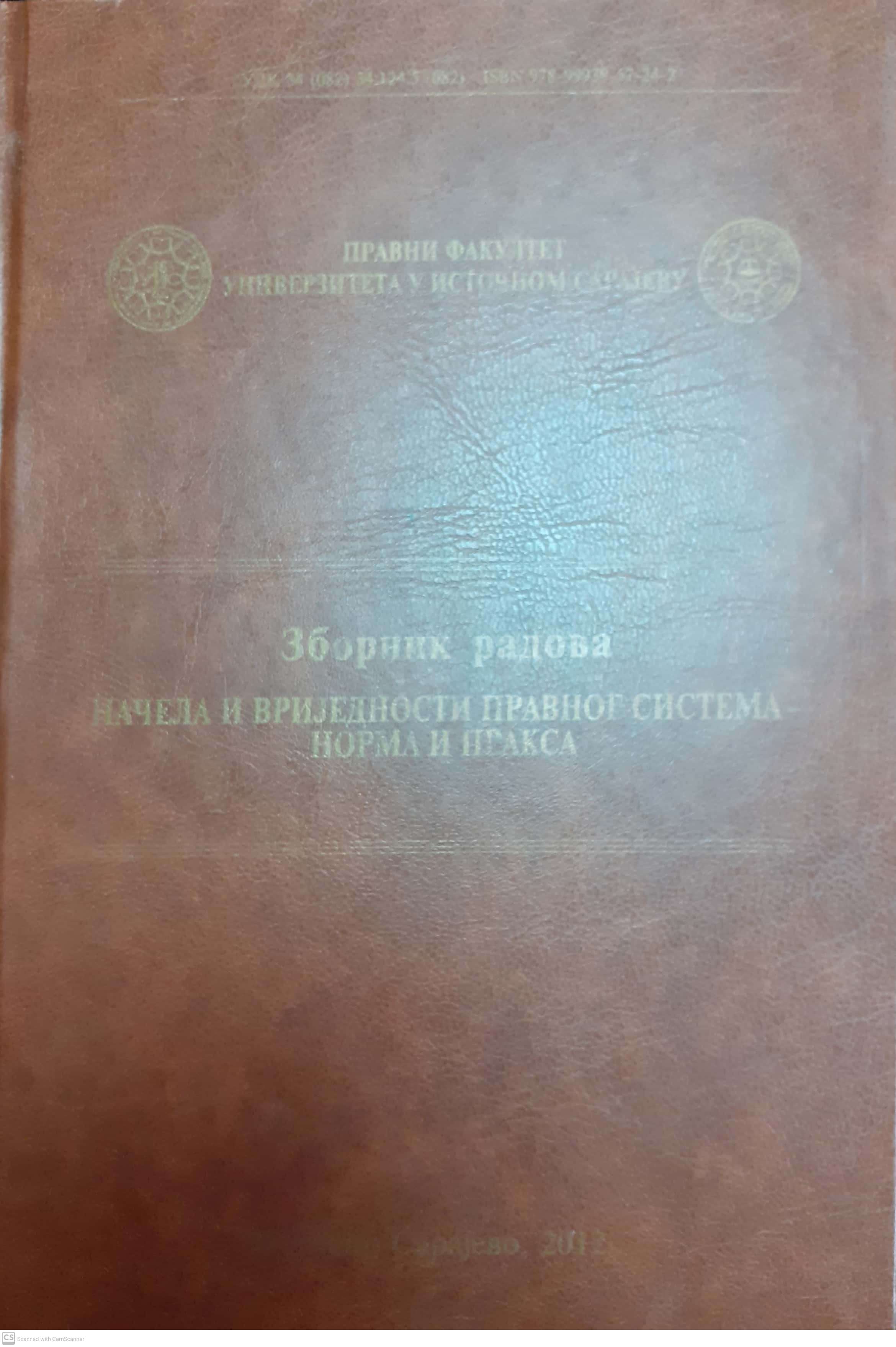
Уставно право човека на здрав живот - најважније право теће генерације -
In this paper the author initially points out that the man's and citizen's freedoms and rights can be divided into three groups, namely: the rights of the first, the second and the third generation, and that this very constitutional right of man to a healthy life is their most important one, belonging to this third group as mentioned. It has been known for a long time that the influence of environment is of crucial importance to health. However, the interest in said influence has begun to increase only following the 70s of the 20th century. On the occasion of the United Nations Conference in Stockholm in 1972, the third-generation rights, in the first instance the right to live in a healthy environment, were mentioned for the first time. Thereafter, a joint initiative for the protection of man's health has been launched in the whole world, as people have finally understood that their initiative would gain much more effect if they cooperate and if ecological problems turn from local problems into global ones. Considering that, European environmental legislation is highly developed in that sense, just like environmental awareness, while the goal and task of other, less developed countries striving to join the European Union is the enhancement and harmonization of national with European legislation.
More...

